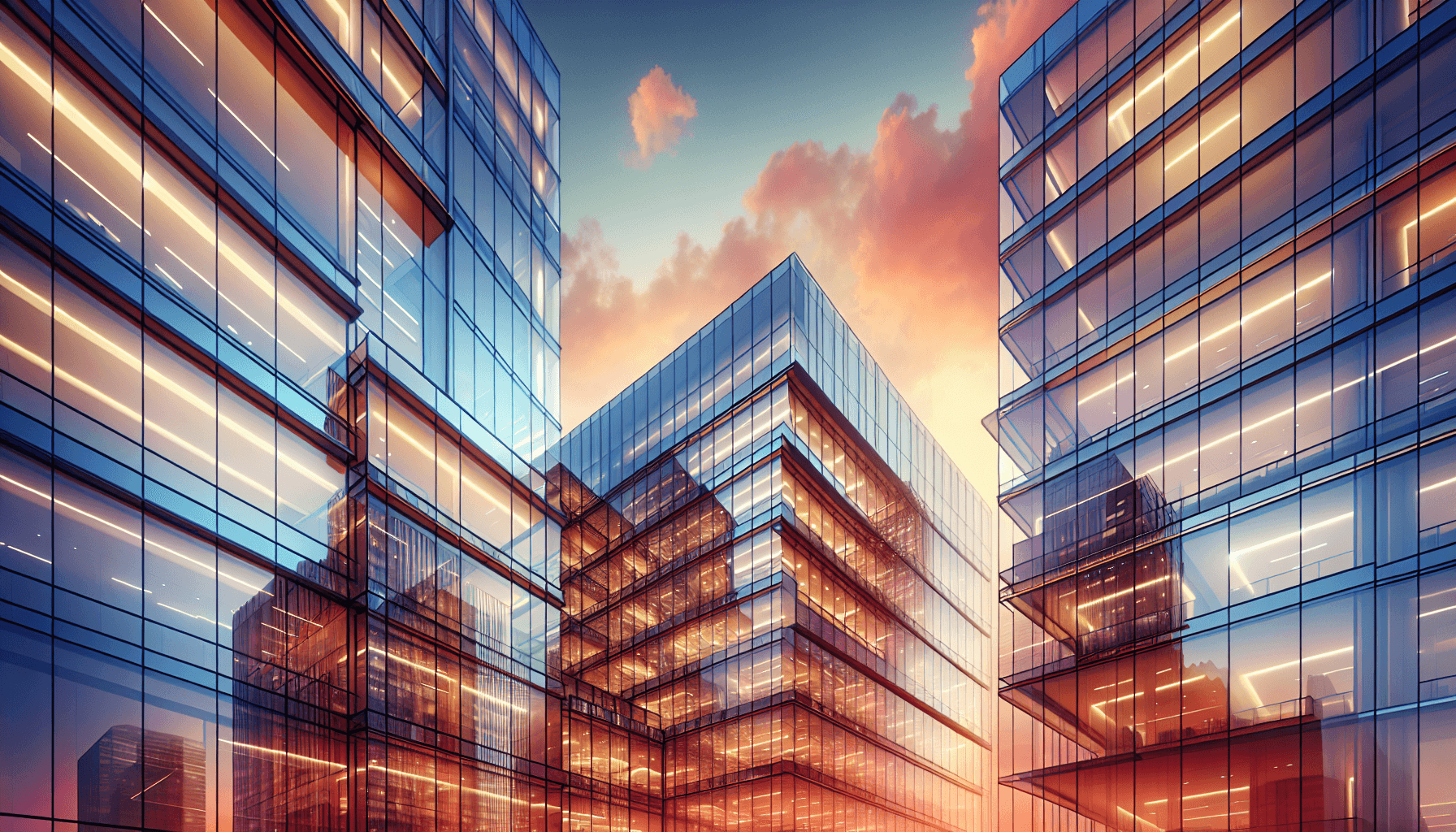What is a Build-to-Suit Property in Commercial Real Estate?
Looking for the perfect commercial space but can't find exactly what you need? A build-to-suit property might be your answer. I've seen many businesses transform their operations by choosing this custom construction option, and I'm excited to share everything you need to know about it.
Build-to-Suit: A build-to-suit property is a commercial building constructed specifically to meet the unique needs and requirements of a particular tenant. The building's design, layout, and features are customized based on the tenant's specifications before construction begins.
The Build-to-Suit Process
The path from concept to completion starts with understanding what you need. You'll work closely with developers to outline your requirements - everything from ceiling heights to loading dock specifications. Once requirements are clear, the team selects and acquires the perfect site.
The design phase brings your vision to life through detailed architectural plans and engineering specifications. Construction typically takes 12-18 months, depending on the project scope. Before you move in, final modifications ensure everything matches your specifications perfectly.
Advantages of Build-to-Suit Properties
For Tenants
Your space works exactly how you need it to
Everything is brand new and works efficiently
You save money through smart design choices
You get to stay put for the long haul
For Developers/Owners
No empty building headaches
Steady income through extended leases
Higher rental rates for custom spaces
Minimal vacancy concerns
Common Industries Using Build-to-Suit
Distribution centers need specific loading dock configurations and ceiling heights. Manufacturing facilities require specialized power systems and ventilation. Healthcare providers want precise room layouts for patient care. Corporate headquarters seek distinctive designs that reflect their brand. Retail chains look for locations that match their exact store layout requirements.
Financial Considerations
Most build-to-suit properties use triple net leases, where you handle all the operating expenses. These agreements often run 15-20 years, making them attractive to investors. Construction financing typically comes through the developer, who may partner with institutional investors. The tax structure can benefit both parties through depreciation and other incentives.
Potential Challenges and Risks
Weather delays, material shortages, or permit issues can push back completion dates. Your business needs might shift during construction. The building's market value could fluctuate if it's too customized. Future modifications might prove difficult if your needs change dramatically.
Comparing Build-to-Suit to Other Commercial Property Options
Existing buildings offer immediate occupancy but might need costly renovations. Spec buildings provide newer construction but weren't built with your specific needs in mind. Shell buildings give some customization options but still have predetermined structural elements.
Future of Build-to-Suit Properties
Smart building technology integration is becoming standard. Green building practices and LEED certification are increasingly popular. Flexible design elements allow for future modifications. Market indicators suggest continued growth in custom construction projects.
Making the Decision: Is Build-to-Suit Right for You?
Consider your timeline - can you wait for new construction? Review your budget carefully - custom buildings cost more upfront. Think about your growth plans - will this space work in five years? Calculate your return on investment over the lease term.
Conclusion
Build-to-suit properties offer a unique solution for businesses needing specialized space. The customization benefits often outweigh the longer timeline and higher initial costs.
Bellhaven Real Estate connects you with experienced developers and guides you through the entire build-to-suit process. Our team knows the local market inside and out, helping you make informed decisions about your commercial real estate needs.

